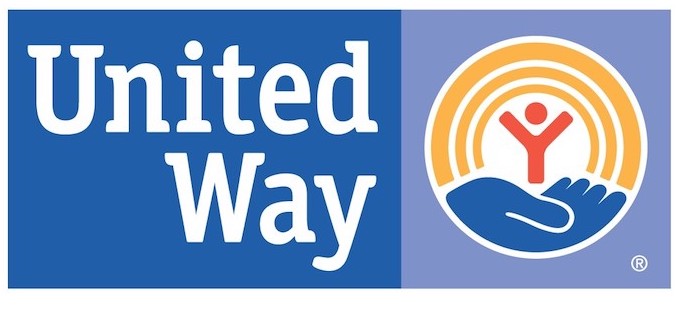It’s the first in our series of board interviews! Brian is the director of prevention & community services at AARC in addition to being an Upper Room board member.
I like to start things light. What’s your favorite show on television right now?
What am I watching right now, that’s a really good question. A lot of stuff I catch up with on Netflix. I just watched a special on Bobby Kennedy, who is one of my all-time favorites. I also just finished a British show called Broadchurch. I watch a lot of sports and documentaries, it’s hard to think of anything I’m watching that’s current.
I see you’ve got a tattoo there on your wrist, and I’m always curious about people’s tattoos.
Yeah, those are my kids initials, right where I can always see them. I never had a tattoo in my life, I’m not a tattoo guy, but I wanted a constant reminder of my kids
So how did you get into working in the recovery field?
I had been in publishing for about 15 years when I moved here to be closer to my kids. I was in marketing and advertising for Pearson, you probably heard of them as a textbook company.
I have definitely bought some textbooks from them, yeah.
So I was getting a little but tired of the big corporate deal. I wanted to do something that had more of an impact on people’s’ day to day lives. I had some personal experience with substance abuse and treatment and recovery and— it’s kind of funny, I sent Sharon [Burden] an email out of the blue after researching some local organizations, and it just so happened that she was interviewing for the position I’m currently in.
What is the thing you’re most worried about in the future of the recovery field, and the thing you’re the most hopeful about?
Well, certainly right now there’s this big focus on the opioid epidemic, which is huge, and part of the reason we’re doing all these drug take-backs is trying to get these drugs out of people’s homes, off the streets, and out of the water supply. We really want to make people more aware of the responsibility people have for their prescriptions.
At the same time, underage drinking and alcohol in general are some of the biggest things, especially in this community. We see it all the time. There is an abundance of abusive drinking that is going on, and a lot of underage drinking. It’s an ‘acceptable’ substance for people to use, and pass on to the next generation, and we see a lot of alcohol abuse.
Now, statistic wise, we are starting to see a decrease in underage drinking, and a decrease in underage smoking. I think that kids are starting to become more aware of the dangers of substance use, and how it can affect the development of their brains, and how it can affect their long-term plans and goals. We’re very optimistic about that. From a treatment and recovery standpoint, we’re optimistic that there’s more of a focus now on bringing more treatment resources to the community and providing more for people who are in recovery. I think the Upper Room is a great example of that. This women’s facility is a huge step, because I think it’s important not just for people who are in recovery, but for people in general to understand how important it is to give people who are just coming out of treatment an opportunity to start their life over again, or to rebuild the life that they already had.
What’s your favorite thing about our South Bend community?
My kids are the most important thing to me. They’re in the 8th grade and 6th grade, respectively, and there’s a lot of opportunities for them to get involved. They’re both involved in a lot of art, and music, and community work, and just getting to see them be able to blossom and to find things to do has been so great.



